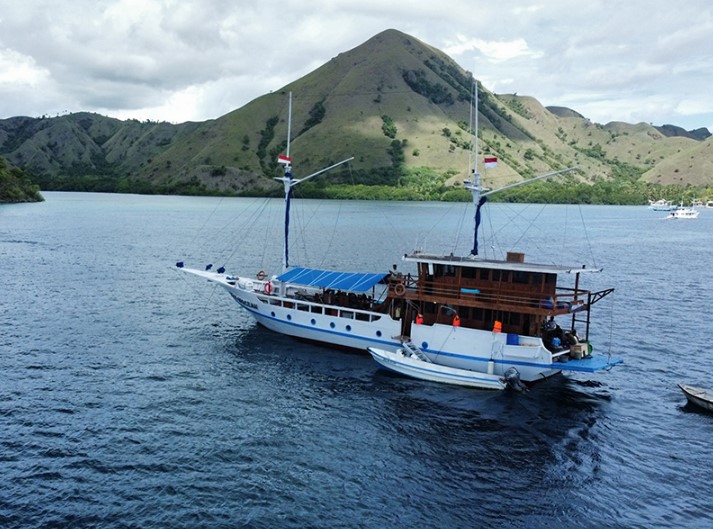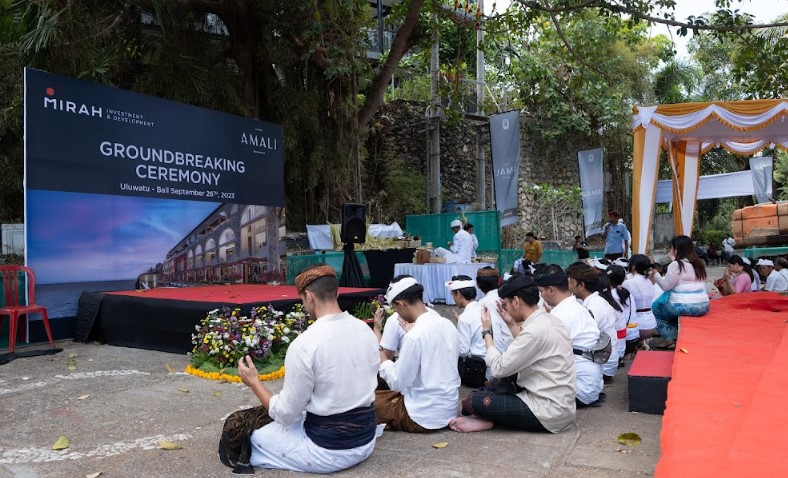Aside from the 22 main languages recognised in the Indian Structure, 19,569 dialects are spoken as mother tongues. In accordance to UNESCO, around 192 of these languages are labeled as vulnerable or endangered. Now, Microsoft—through Project ELLORA—wants to leverage the power of AI and help protect these languages, which have constrained penned assets, let by itself any electronic presence.
“The challenge is about enabling language communities with engineering. We want to place out a entire collection of resources and pipelines so that communities can build technologies for themselves, to a particular extent at the very least,” Kalika Bali, Principal Researcher at Microsoft Investigate India, instructed Aim.
An open up-resource framework
Venture ELLORA aims to avoid these languages from lagging behind in the recent advancements in language technologies facilitated by synthetic intelligence (AI) and sophisticated pure language designs.
“Our whole function in this venture is to enable the group to develop the engineering. So, these are the communities that variety of arrived to us and sought our enable with regards to the very same,” Bali stated.
Microsoft is operating on 3 Indic languages, primarily—Gondi, which is spoken across Andhra Pradesh, Telangana, Madhya Pradesh, Maharashtra, and Chhattisgarh Mundari, which is an Austro-Asiatic language, is spoken in Jharkhand, Odisha and West Bengal and last of all, Idu Mishmi, which is spoken Arunachal Pradesh.
Obtain our Cell App
“We are likely to place out the framework and open up source it so that the communities themselves are in a position to make these technologies,” Bali shared.
While Bali and her staff have extensively worked on these 3 languages so significantly, there are plans to broaden to other languages as very well.
“For case in point, the dictionary framework that we have come up with for the electronic dictionary for Idu Mishmi has intrigued other language communities in Arunachal Pradesh. Further more, there are communities in Bengal which are intrigued in building those kinds of dictionaries.”
“With the perform that we are carrying out with Mundari, we hope to put out all the versions that we created to show the communities how they can use these instruments to their prerequisites,” Bali explained.
Satisfying group needs with technologies
To support the communities, Microsoft has made the Interactive Neural Device Translation (INMT) resource, designed on the present open up-supply MT framework-OPENNMT.
The INMT instrument is designed to help human translators with authentic-time recommendations and recommendations, thus expediting the close-to-conclusion translation system, boosting its efficiency, and making translations of exceptional high-quality.
To deal with minimal or non-existent connectivity and increase accessibility for mobile-only users, Microsoft has produced INMT-Lite, a cell-primarily based offline version of INMT.
For the Gondi language, Microsoft is partnering with CGNet Swara, a citizen journalism portal that collaborates with the Gondi-speaking tribal inhabitants in central India. The goal of the collaboration is to create a Hindi–Gondi translation method to present Hindi written content to the Gondi-talking community.
Equally, for Idu Mishmi, the local community had a quite specific need, Bali stated. “According to the Arunachal Pradesh authorities, Idu Mishmi can now be taught in principal faculty, but there is no information to instruct from. There are no supporting assets for the little ones to master Idu Mishmi in educational institutions.”
For Mundari, much too, the requirements have been similar. The local community preferred to create datasets which could be utilised to educate young children as there are extremely several sources obtainable.
Prospective
A job like ELLORA has terrific potential because, now, most of the articles out there on the net and otherwise is majorly in English. But in India, only 10{8ac304f283d9048aa406820cdb3efba1388565cefcdaf9ad6f054e81ea9085be} of the populace can have an understanding of the language. When it comes to Indic languages, most of the information is offered in Hindi but not in the various other languages spoken in India.
Initiatives these kinds of as A14Bharat and Syspin are also developing datasets of Indic languages nevertheless, their concentrate is on the 22 big languages recognised by the Structure. Conversely, with Job ELLORA, Microsoft shifts the emphasis toward language communities that are not incorporated in AI4Bharat and equivalent initiatives.
Aside from serving to accessibility the written content on the world wide web in Indic languages, Job ELLORA could also be hugely useful in providing govt companies and schemes.
Lately, it was claimed that the Ministry of Electronics and Information Know-how (MeitY) is building a chatbot using the GPT3.5 architecture, the exact same language product series that powers ChatGPT, with WhatsApp to provide critical government techniques.
The chatbot is staying formulated to assist Indian rural farmers accessibility facts in Indic languages. In the beginning, the chatbot is established to be out there in Hindi, English, Tamil, Telugu, Bengali, Marathi, Kannada, Assamese, and Odia.
Having said that, more languages would be added later and this is in which a undertaking like ELLORA could occur in. MeitY could readily utilise the current dataset in 3 languages to educate its chatbot and facilitate the provision of government techniques and products and services in these languages.





More Stories
Exploring the Enchanting Ijen Bromo Tour from Bali
Bali Canyoning Adventure: Exploring the Thrills of the Island’s Hidden Gems
Bali Tourism Minister Calls On Airlines To Add More Flights To Recession-Proof The Economy